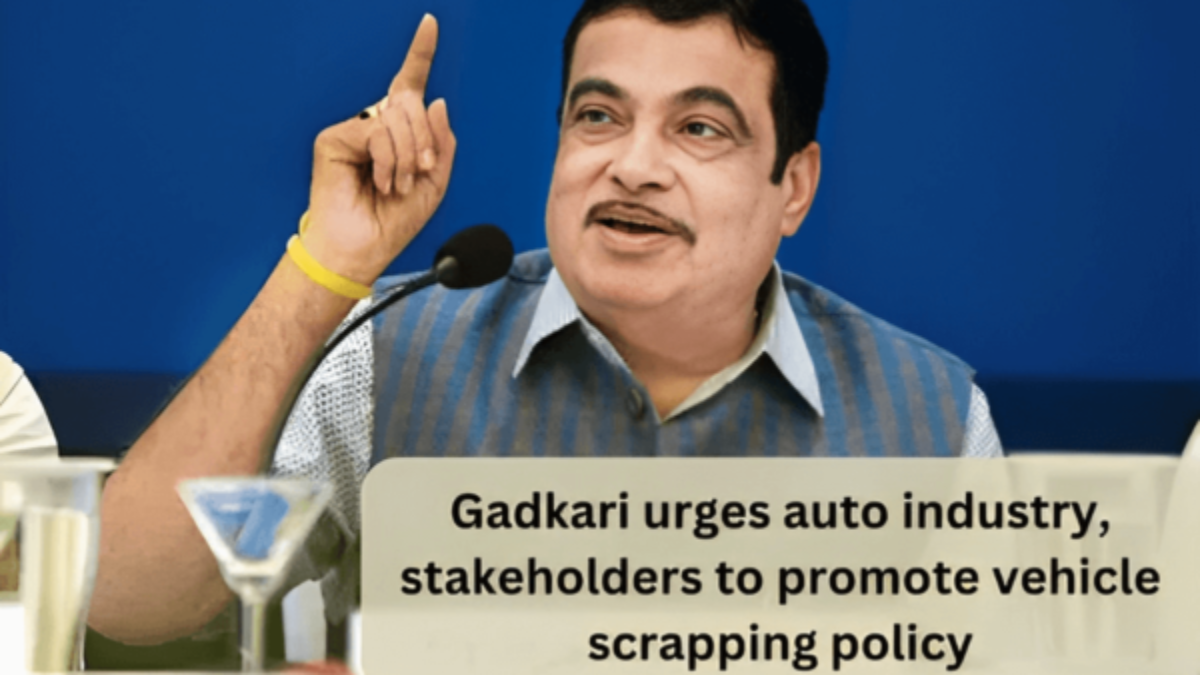Union Minister for Road Transport and Highways Nitin Gadkari called upon all stakeholders to come forward and support the vehicle scrapping policy as it is a win-win situation for all.
Gadkari said it is a win-win situation for everyone while speaking at a stakeholder consultation here. The initiative intends to phase out cars older than 15 to 20 years and promote the purchase of new ones. Gadkari claimed that numerous measures, including the construction of a world-class highway network, the electrification of buses, and the requirement for computerized fitness testing of vehicles, have been launched to create a resilient market for automobiles.
He argued that the car OEMs should assist the country’s goal of having the biggest automotive industry in the world by working to increase their production capacity.
Gadkari emphasized that, as the largest beneficiary of this policy, the auto industry must step forward and support the three main pillars of increased investment in the establishment of automated testing stations (ATSs) and registered vehicle scrapping facilities (RVSFs), increased public awareness of the policy’s advantages through their dealer network, and a finalized discount against A certificate of deposit obtained by citizens when scrapping vehicles.
The car sector was urged by Secretary Anurag Jain to establish scrap yards and automated testing facilities all around the nation. It was stressed that the vehicle scrapping legislation is anticipated to boost auto sales by roughly 8% and boost the nation’s GDP by roughly 0.5%. Auto OEMs must therefore embrace the policy without reservation.
The goal of this stakeholder consultation was to enlist the assistance of the auto industry to hasten the policy’s implementation on vehicle scrapping. This support would take the form of investments in the infrastructure of RVSFs and ATSs for vehicle scrapping, raising public awareness, and offering discounts to vehicle owners who scrap their vehicles at RVSFs.
Auto dealers, used car aggregators, such as Car Dekho and Cars24, and representatives from all major automotive OEMs, including Tata, Mahindra, Maruti, Kia, Hyundai, etc., participated in the event and shared their perspectives on the difficulties and steps needed to hasten the implementation of the vehicle scrapping policy.
In 2021, the Ministry of Road Transport and Highways (MoRTH) introduced the Vehicle Scrapping Policy (Vehicle Fleet Modernization Program). A new, safer, and more fuel-efficient car ecosystem is being created by this policy, which aims to gradually phase out older, unsafe, and polluting automobiles.

